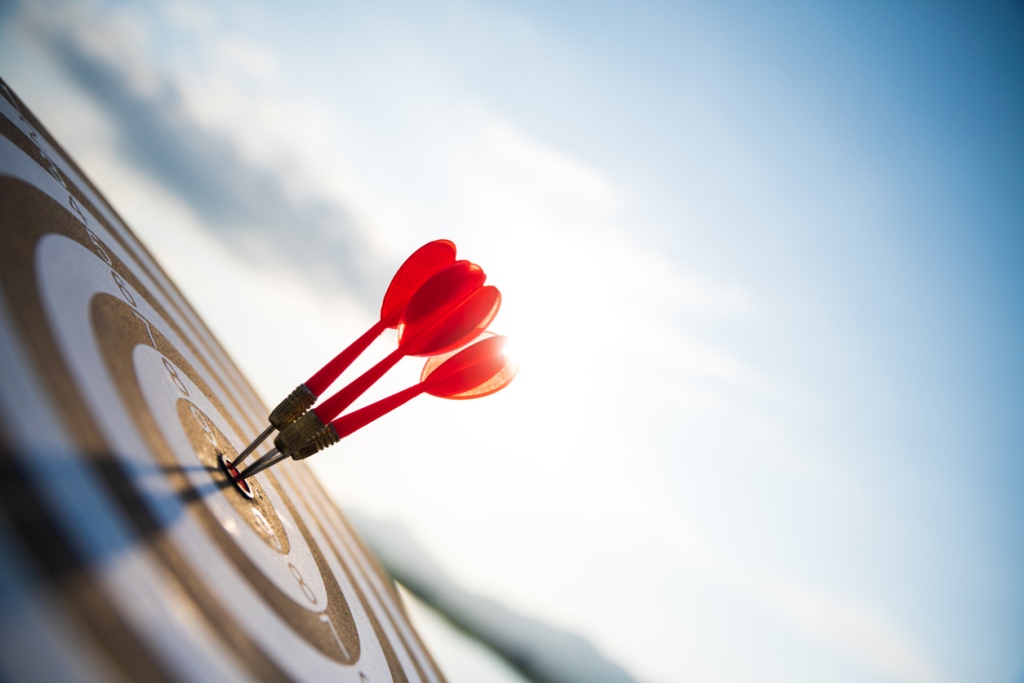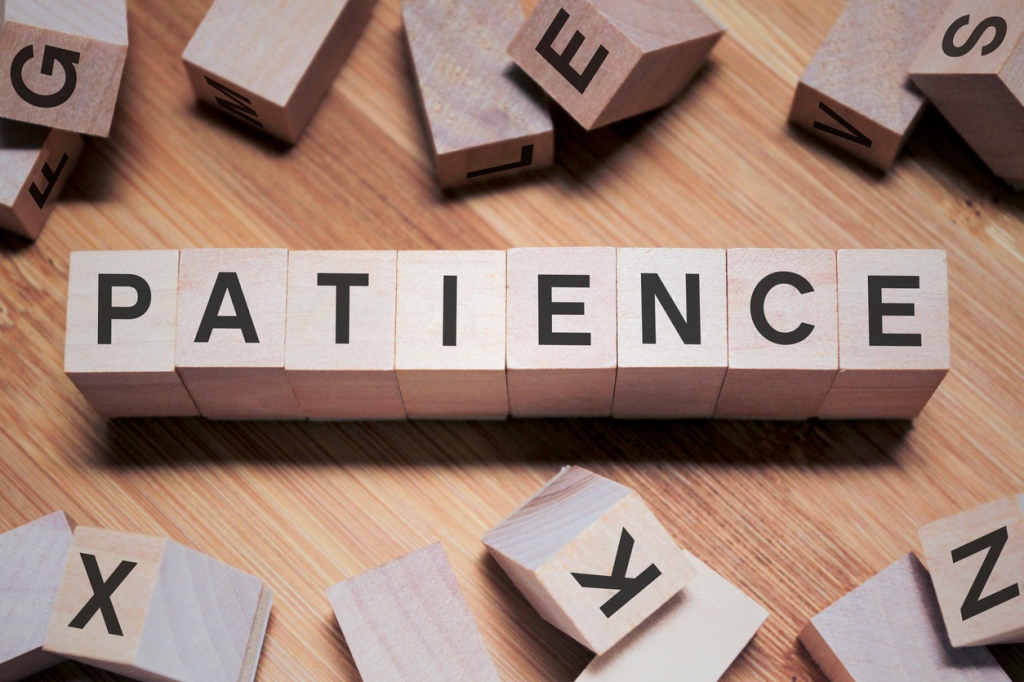We live in a society where our worth is tied heavily to our sense of productivity. If you’re not doing enough, then you are not enough, by definition. You can feel this any time you run into someone you haven’t seen in a while. Almost everybody’s go to question is work related. Such versions of these questions include:
“Where do you work now?”
“How’s that job of yours, you still there?”
“Are you working?”
It’s as if we’ve become human doings as opposed to human beings. We forgot what it was like to just be a human without needing our jobs to define our character. It’s funny too because the word work carried a double meaning. On the surface it pertains to working at a job. But then if you dig a little deeper, it also carries the implicit question of are you functioning?
Today we’re going to delve into The Six P’s of Productivity so that we are no longer squashed by the expectation to be and appear productive in the eyes of our peers, and learn how to approach life in a more meaningful way that is less dependent on how you look to the world, and more focused on how you feel about your personal experience.
- Presence
- Practice
- Progress
- Pacing
- Purpose
- Patience
PRESENCE

What I love about writing is that it forces me to focus on one thought at a time. My ADHD brain usually races from one to another in a seemingly nonrelated manner. What writing affords me is the ability to slow down my thought process and to get a visual sense of how my thoughts are either connected or disjointed.
Within the process of writing, I try my best to not think about anything else but the topic at hand whether it’s my personal journal, my novel, or this very blog post right here. As soon as I let my mind distract me and tempt me toward doing something else, then I will lose that chance to express my feelings and ideas in a coherent manner. Either I will give up on writing or end up writing something incoherent and all over the place.
This is why it’s importance to eliminate distractions as best as possible and train your mind to think only about the task at hand. Any thoughts that are irrelevant to what you’re doing, you can make a quick mental note to take action on later, but if you’ve sat down and decided to write, paint, or compose a piece of music, then that is all you should physically be doing and that is all you should be thinking about.
And all that takes…
PRACTICE

Practice makes perfect, they say, but what they don’t say is how perfectionism prevents practice. What often prevents us from getting things done is a feeling of incompetence and the lack of confidence which I’ve touched upon in 3 Ways Perfection is the Ultimate Procrastination, and the only way to gain any sense of competence is practice.
Of course you’re gonna suck at something at the beginning. As I always say, much thanks to a quote from a Street Fighter graphic novel ala, “a master was once an awkward novice.” You need to get over yourself and realize that it’s not about how you appear to others or even yourself in your mind, rather it’s about mastering a craft and doing what it takes to become a said master.
And all that takes practice. Consistent, messy, and grueling practice. Read the books and watch the videos you need to learn about music composition all you want, and you can even daydream about being a famous musician all you want. But none of that will really amount to anything if you don’t practice your instrument and just play the damn thing to eventually achieve some sense of…
PROGRESS

Being present when you practice anything, you are bound to achieve some level of progress. No matter how little your progress is, it is important to take stock of it, especially if you’re feeling stuck. One way to do this is to write in a Progress Journal and keep track of all the things you get better at in your given field.
This idea of a Progress Journal is so important that I wrote about it a second time many years since the initial post, but ADHD interconnectivity of my blog aside, even mentioning how much I wrote about progress so many times speaks on the importance of it because from each successive post about progress marks different milestones in my own personal journey.
In your own personal journey, progress is going to be something very close and intimate to you in a way that no one else will ever truly understand, unless you have a good mentor keeping track of your progress along with you from an objective and an emotionally detached point of view. You kind of need both your personal connection to your progress and your mentor’s detached point of view to it in order to strike a balance toward proper…
PACING

Whenever you start a new job or hobby, it is important to also pace yourself so you don’t burn out. As an ADHDer, I’ve had so many hyper-focuses that almost everything I love doing creates a tinge of fear in me because I remember all the times I would sacrifice eating, sleeping, and even relationships just so I can continue enjoying the dopamine rush of doing something new and exciting.
So while you do want to become present in what you do, practice it consistently, and track your progress, you also want to pace yourself so you don’t burn out as fast as I have many times. For instance, when I wrote the first draft of It Starts at Home, back when it was called Dear Stupid Diary, I wrote about 6000 words a day because I couldn’t stop myself. I got addicted to finally becoming present to the point that my entire sense of time had gone irrelevant.
It’s very seductive when we find something we really love to do that it can easily consume all of our time and energy to the point of costing other aspects of our lives. So don’t forget to take your appropriate breaks and to pace yourself accordingly so that you save your energy and excitement for another day and sustain that consistency over a longer period of time. It is much better to do a little each day for a long period of time than it is to everything all at once in one day, only to risk losing all that initial euphoria and end up doing nothing the next.
Pacing becomes really easy when you’ve discovered your…
PURPOSE

Why you do what you do is a deeply intimate thing only you and a handful people will ever truly understand. Whenever I feel stuck on any creative project, I always ask myself, “why am I even doing this again?” If it’s because I want to appear productive and impress people, or even prove to myself that I’m not as lazy as my ADHD forces me to be sometimes, then I’ve already lost.
However, when I remember that it’s because I love creating things and enjoy the presence it affords me, then I am better equipped to keep at that task at hand. This blog post itself has been a challenge because the first draft was all about my work experience, which is ironic because of how I opened this post about not tying our self worth and identities to what we do for work.
But upon this rewrite, I’ve regained a sense of my purpose for writing Your Write to Live blog posts: to share my own personal experiences in a way that helps others overcome their own sense of dread and resistance toward living their best possible lives. Essentially, much like Marcus Aurelius’s Meditations, these blog posts are reminders to myself on how to think and act better in my life. But unlike Marcus, I’m intentionally sharing my thoughts with you in the hopes that they can also provide relief and assistance to anyone else beyond myself.
But whether I help anyone or not, or even start to follow my own advice, we all need a little…
PATIENCE

It’s easy to get impatient when we can see who we can be if we just tried hard enough. A lot of people’s negative emotion is due to not fulfilling their potential that they often see looming in the distance. It becomes a bit of a judge and executioner of our current selves because we’re not who we could be. And while it is helpful to know that you can be better than you are now, thus driving yourself toward personal development, it is also important to be patient with yourself.
Sometimes we’ll stumble and fall along the way, and that’s all part of life. Maybe you can’t be present enough to practice consistently. Maybe you still feel like you haven’t made progress no matter how much you try to take stock of your progress. Maybe you pace yourself poorly and lose sight of your purpose.
When all these things fail, always remember to be patient with yourself. There’s only so much progress one can make at a given time. We all wish we had all the time in the world to do all the things we want and achieve what we want, but life often gets in the way with emergencies, social obligations, and random illnesses and other setbacks that prevent us from moving forward.
Be patient with yourself and with life having trust and faith that whatever holds you back is only temporary. Nothing in life is permanent, only short term or long term. So be patient for the storm to roll by and maybe you’ll find yourself in a place of calm once again, ready to excel at what you love once more.

